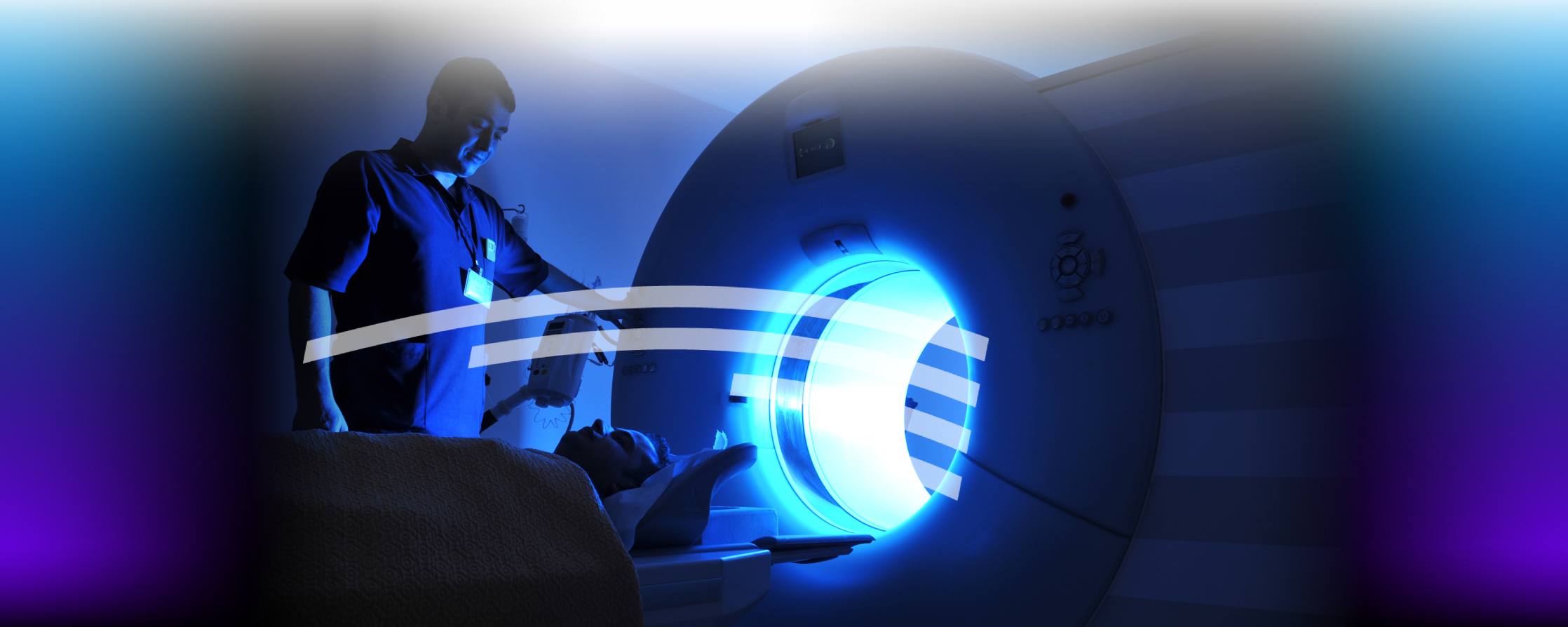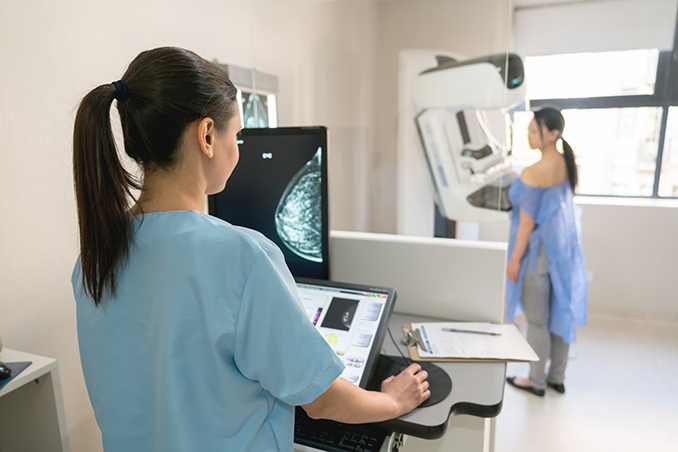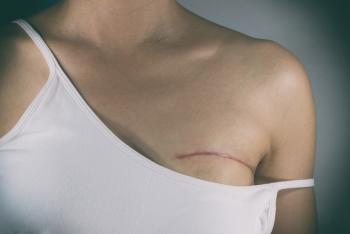Diverse participation in clinical trials can advance medical research and improve community health...
Read More
Early stages of breast cancer can be asymptomatic, but mammograms can detect cancer years before symptoms appear. Our care teams are dedicated to helping you feel comfortable and giving you the best mammogram experience possible at all our imaging locations, including our outpatient AMI at Inspira facilities.
A mammogram is an X-ray image of the breast that technologists use to look for abnormalities and changes in breast tissue. Getting an accurate image of the breast makes pinpointing problems much more precise and improves early detection of breast cancer—even before a lump can be felt.
Most women and people assigned female at birth should get annual mammograms starting at age 40, and sometimes as earlier. If you have a family history of breast cancer, your provider may recommend a different screening schedule.
During a mammogram, a technologist compresses your breast between two clear plastic plates to take X-ray images—a technique that uses beams of electromagnetic energy that pass through your body and are absorbed in different amounts by your bones, tissues and organs. All mammograms done at Inspira imaging centers and AMI at Inspira’s outpatient centers use 3D technology, which results in more detailed images of breast tissue that can clearly identify lumps or tumors that may require additional testing.

While 3D mammograms are helpful in identifying lumps or tumors, some people may need additional testing to diagnose abnormalities, especially those who have dense breast tissue or are considered high-risk. Additional breast imaging may include:
When scheduling your MRI appointment, identify if you have any of the following:
In addition, our technicians use a powerful platform called InSight conduct a high-risk cancer assessment for every person who gets a mammogram at the Inspira and AMI at Inspira imaging centers.
The day of your mammogram, you should not wear deodorant, powder or lotion—these products often contain metallic materials, like aluminum, that can show up on X-rays and are hard to distinguish from other artifacts on the images.
During a mammogram imaging procedure, a technologist will position you in front of the mammography machine and one breast will be held in place by two compression plates.
While remaining as still as possible, the machine will capture multiple low-dose X-ray images of your breast. The procedure will then be repeated on your other breast, capturing one side-by-side view and one top-to-bottom view of each breast. This approach allows the technologist to see the breast tissue clearly in three dimensions, which is especially crucial to identifying breast cancers that may be hidden or obscured by overlapping breast tissue on standard mammography.
Yes, the X-ray images taken during a mammogram use a very small amount of radiation.
You will only need to undress on top, so it’s best to wear a two-piece outfit that’s easy to take off and put on. Avoid wearing jewelry that may interfere with the X-ray images. And remember to avoid deodorant and lotion as well. If you forget, you should be sure to tell your technologist that you have deodorant on.
Some people find mammograms uncomfortable or painful. Try scheduling your mammogram at least one week after your last menstrual period, when your breasts are less likely to feel tender or sensitive. If you experience pain during the exam, you can ask your technologist to adjust the plates.
Our state-of-the-art imaging technology and specialty trained, board certified radiologists can be found at all nine locations throughout South Jersey.

Diverse participation in clinical trials can advance medical research and improve community health...
Read More
Atlantic Medical Imaging (AMI), Inspira Health and Regional Diagnostic Imaging (RDI) are proud to...
Read More
If you have had lymph node surgery, especially as a treatment for breast cancer, you may be at risk...
Read More
The material set forth in this site in no way seeks to diagnose or treat illness or to serve as a substitute for professional medical care. Please speak with your health care provider if you have a health concern or if you are considering adopting any exercise program or dietary guidelines. For permission to reprint any portion of this website or to be removed from a notification list, please contact us at (856) 537-6772